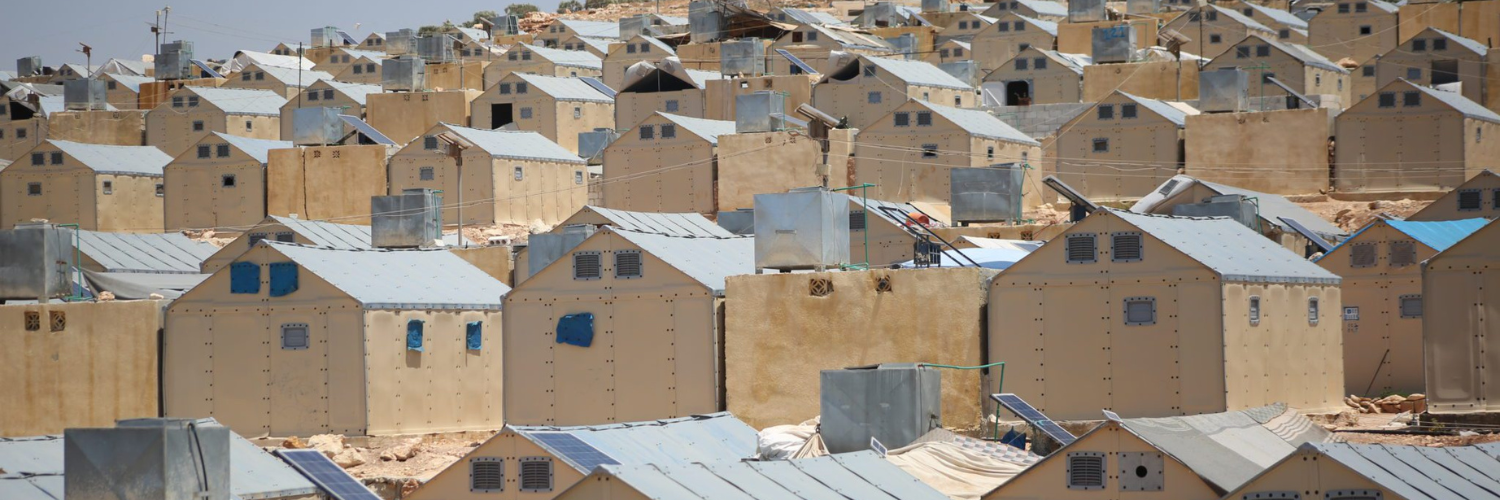

Shelter Schools: on the frontline
Les escoles refugi sorgides de la col·laboració entre Better Shelter i 11Onze s’Arremanga tenen com a objectiu garantir que els nens afectats pels devastadors terratrèmols del nord de Síria no perdin l’accés a l’educació. Parlem amb Antony Merjan, Administrador d’Associacions de Better Shelter, perquè ens expliqui la feina que s’està fent sobre el terreny.
L’accés a l’educació exerceix un paper fonamental per als nens de les comunitats afectades per catàstrofes naturals o conflictes armats. És precisament per aquest motiu que 11Onze s’ha associat amb Better Shelter, una associació humanitària sense ànim de lucre, amb l’objectiu de recaptar 100.000 euros per a construir 50 escoles refugi per tal de garantir que les famílies desplaçades pel conflicte armat i els devastadors terratrèmols del nord de Síria tinguin un símil de la normalitat perduda a través de l’educació escolar.
En aquesta conversa d’11Onze pòdcast parlem amb Antony Merjan, Administrador d’Associacions de Better Shelter per a l’Orient Mitjà, Nord d’Àfrica i Àsia, dels reptes a què s’enfronten els nens refugiats, de la importància de col·laborar amb socis locals i del procés que se segueix des del moment de la recaptació d’una donació fins que es construeix una escola refugi a Síria.
Molt més que una simple escola
Actualment, hi ha uns 14 milions de refugiats sirians, 6 milions dels quals segueixen al país, i més de dos terços dels desplaçats són dones i nens. Per tant, és d’una importància cabdal capacitar a aquestes famílies amb les eines perquè els seus fills puguin accedir a l’educació necessària per assegurar-se un futur.
Però la funció de les escoles refugi no és només educar els infants, sinó proporcionar un espai segur i digne enmig d’una crisi humanitària. Com explica Antony Merjan “proporcionar-los educació no es tracta només sobre el que estan aprenent, sinó que també és un espai on poden fer front a l’estrès i al trauma. Simplement, treure’ls de la normalitat, de la mala normalitat amb la qual es veuen obligats a viure”.
Així mateix, cal destacar la importància de construir escoles refugi que siguin prou resistents i estiguin fetes amb materials de qualitat perquè no siguin simples tendes de campanya temporals. En aquest sentit, les unitats de Better Shelter estan dissenyades per durar anys i pensades per un ús modular, de manera que, depenent de les necessitats, es puguin fer servir com a un hospital de campanya, una infraestructura comunitària, o el que calgui.
Col·laboració amb organitzacions locals
La feina que fa Better Shelter no seria possible sense l’ajuda de socis locals que actuen directament sobre el terreny. “No podríem fer res de la nostra feina sense la fantàstica xarxa local de socis que tenim”, apunta Merjan. Aquesta col·laboració també s’estén als projectes amb altres organitzacions com UNICEF o la fundació Watan, per establir campaments d’escoles refugi, i on Better Shelter ajuda en la preparació del terreny i muntatge dels refugis.
Per altra banda, l’organització fa un seguiment constant dels projectes per analitzar el seu impacte sobre el terreny i poder comunicar les novetats als seus socis donants. D’aquesta manera tenen la certesa que les contribucions es fan servir com cal i que són rebudes directament per les persones necessitades, sense que es perdi res pel camí.
Leave a Reply
You must be logged in to post a comment.
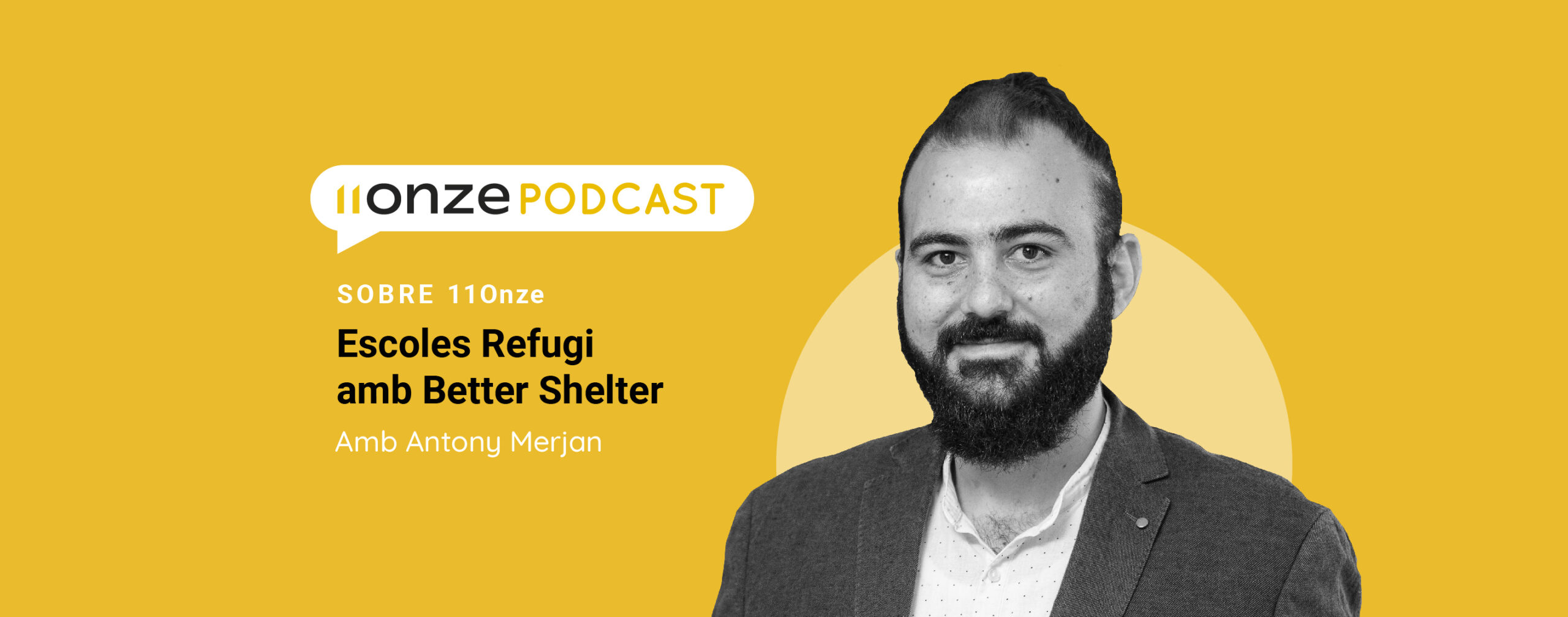
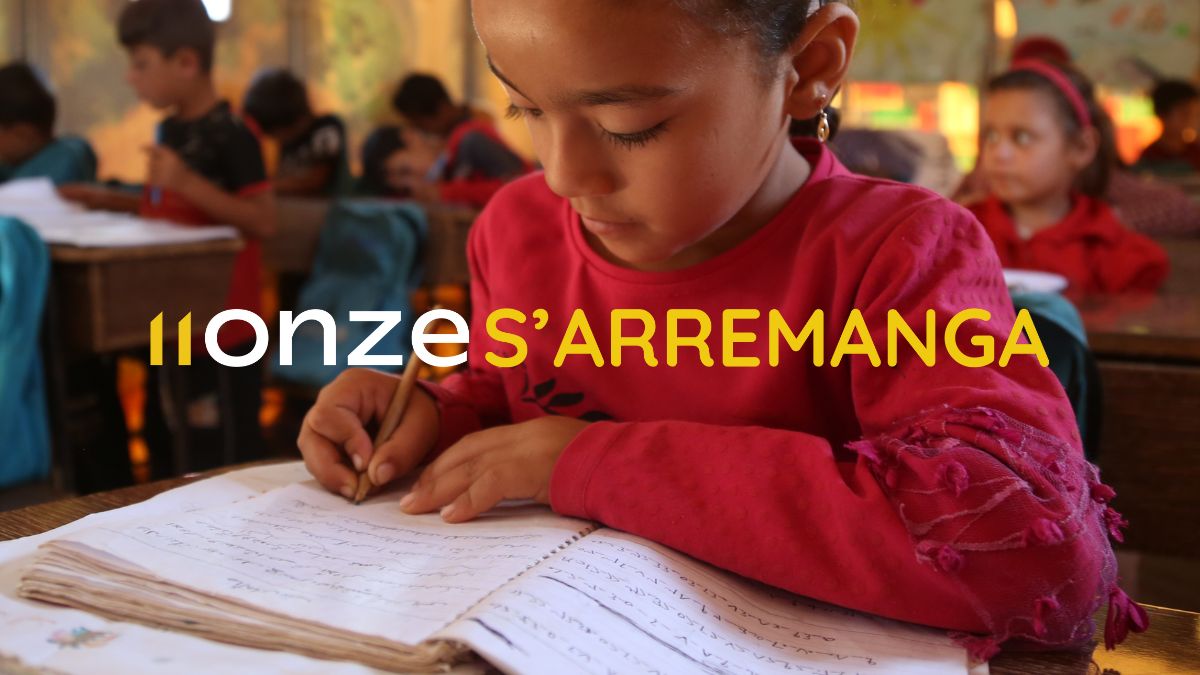
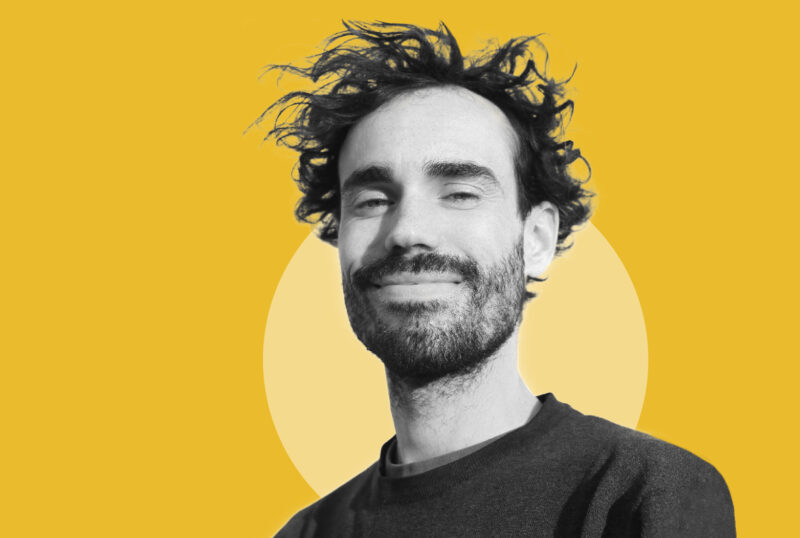

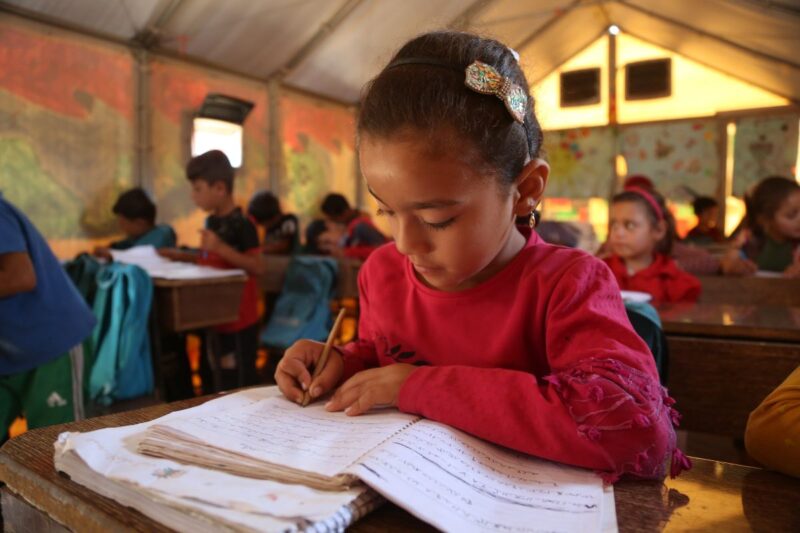


gràciess
Gràcies a tu, Joan!!!